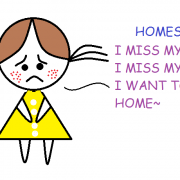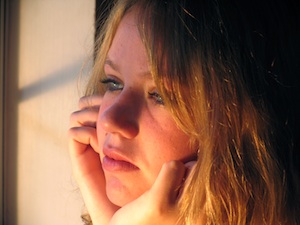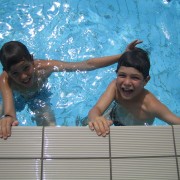TIPS FOR OVERCOMING HOMESICKNESS AT SUMMER CAMP
If Homesickness Strikes….
Often, all homesick campers need is a little help from their camp friends.
With the goal of encouraging children to be self-sufficient and independent, summer camps are experts at helping kids deal with homesickness.
“Summer Camps know how to welcome and integrate new campers successfully,” writes Catherine Ross, who was the director of a summer Camp for 20 years.
While overnight camp means adjusting to being away from home, most new campers actually never experience homesickness and prolonged homesickness is rare, Ross points out.
“Children are more adaptable, capable and resilient than we sometimes expect,” she says.
Whether or not homesickness strikes, camp staff ensure a smooth transition for new campers right from the start. Orientation and a guided tour help children become familiar and comfortable with the camp.
If a camper is homesick, the director and the entire staff are made aware of the situation so that everyone can be supportive and encouraging.
The counsellors are not only friends but also patient and sympathetic mentors. “They know that the best medicine is to keep their camper busy, urge them to cope with one day at a time and reassure them that others have experienced what they are feeling, but they soon recovered,” Ross explains.
“Mostly, we encourage them to participate in activities,” says Jeunes Diplomates Summer camp counsellor Tina Munnings. “When they’re having fun, they’re less homesick.”





